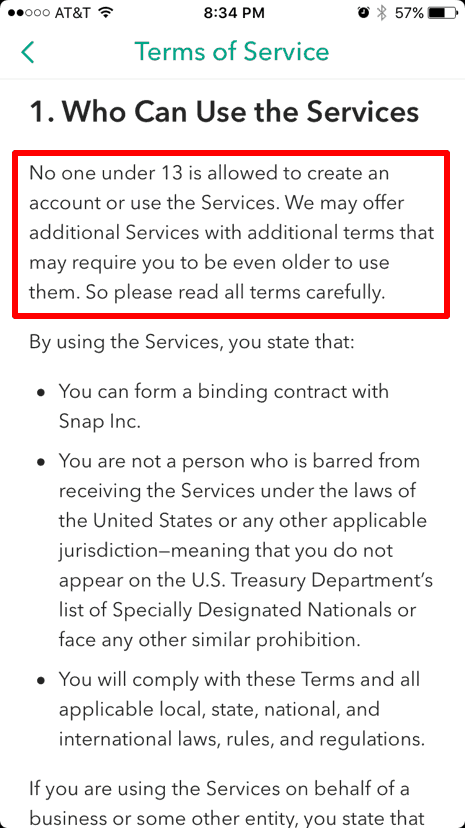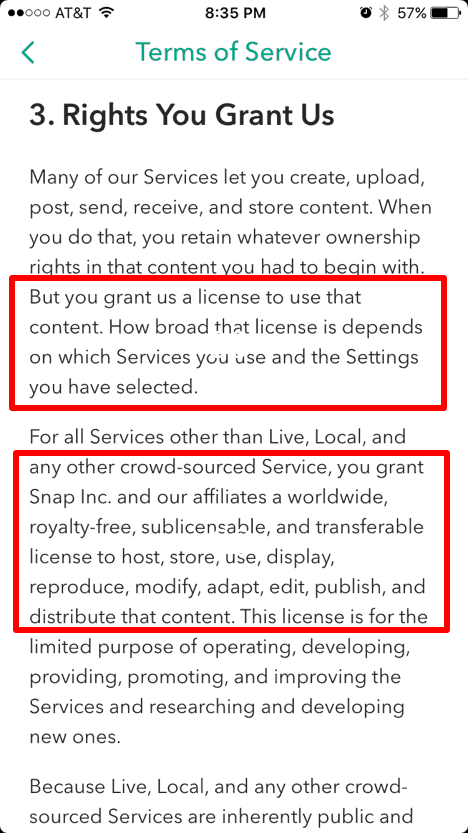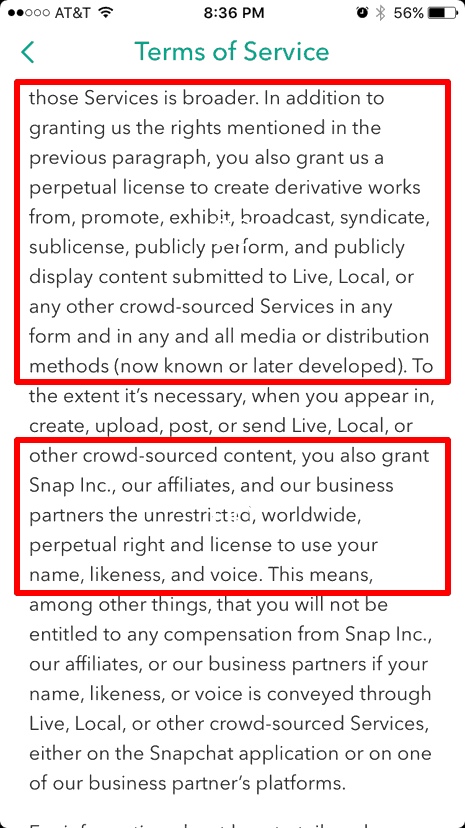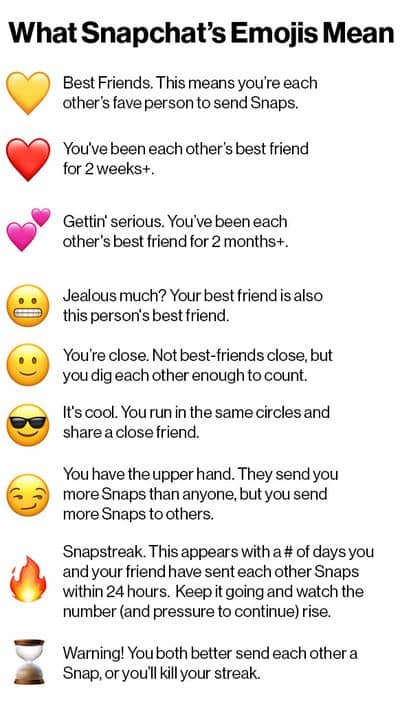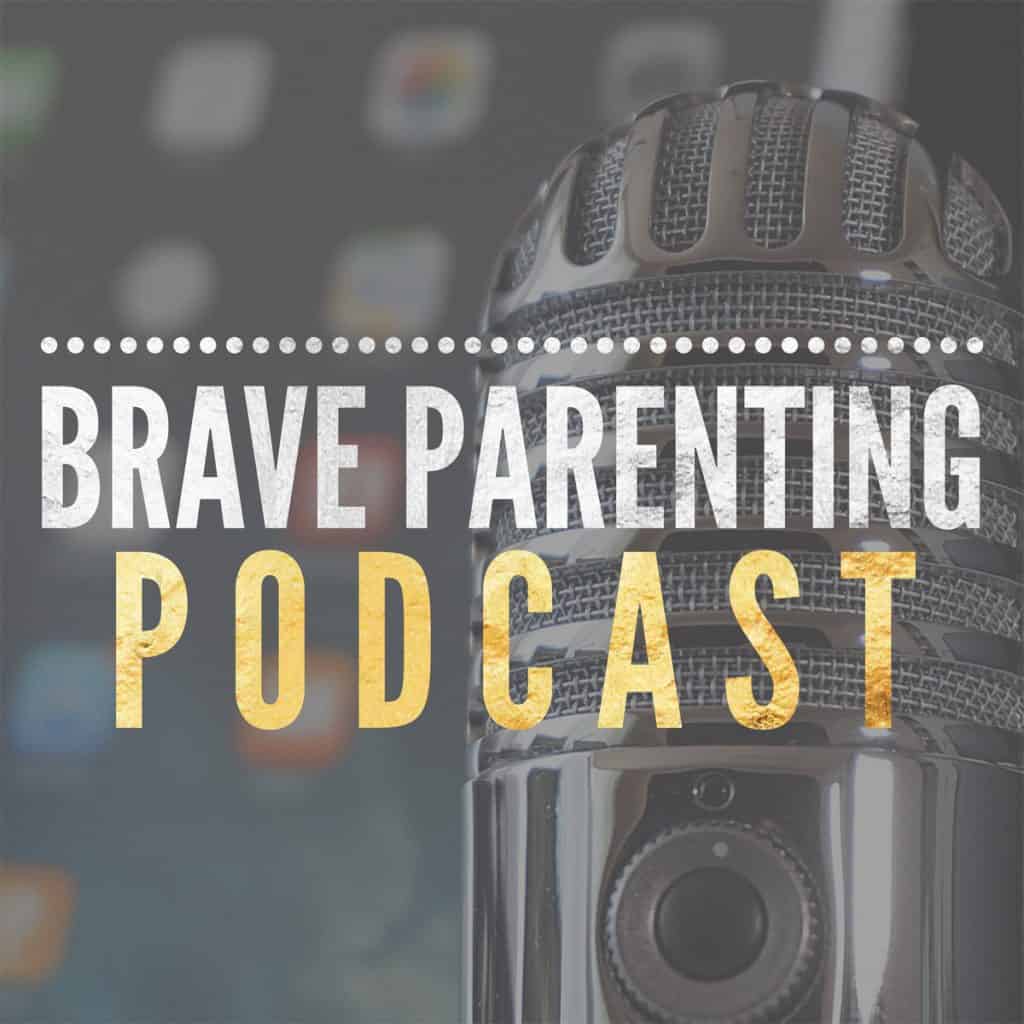Everyone parenting in our Snapchat society can probably identify with one of these FOUR places:
- You are preparing for the adolescent/teen years when your child will ask for Snapchat.
- Your child has already asked for Snapchat and you are currently debating whether to allow it.
- You’ve allowed Snapchat, you don’t like it, and you need solid reasons why to wean your child off.
- You’ve allowed it and you are fine with it.
Wherever you are, there are some hard truths to consider about the effects of Snapchat on children.
ONE: DATA COLLECTION
The recent Facebook data sharing revelation should awaken everyone regarding the information posted to and collected by social networking sites. These platforms are free-to-use because they collect data on every user for the purposes of advertising and continual engagement. Snapchat is no different than Facebook in this regard.
When you permit your child to use the app (or allow it by not prohibiting your child’s ability to download Snapchat,) they are agreeing to the terms of service. These terms clearly detail how Snapchat can use any content posted within the app. What this means for your child’s data and content in the future is unknown. However, if Facebook has the power to share data and sway a presidential election, imagine what it could do to your child.
TWO: MANIPULATED ADDICTION
Snapstreaks are the most genius way the company could build user loyalty and habitual use. A streak begins when two people send a snap to each other every day. Snapstreaks quantify and qualify a child’s communication and friendships. A score is given based on length and quantity of streaks to define one’s popularity, worth, and measure friendships through. In the words of teens themselves,
“If you lose a streak, you lose the friendship.”
“Streaks develop a level of friendship between people. The longer your snap streak is, the better friends you are.”
“It’s a way to measure your friendship in a good way.”
Psychologically and medically speaking, the frontal lobe of a child’s brain does not have the ability to recognize any of this habitual use as bad. Heavy media use during this crucial time of development causes a loss of cognitive control. The brain pursues empty rewards and the corresponding dopamine surges leads to a loss of self-awareness of habits. [source] These streaks and scores become a child’s life and identity.
Just like lab rats who have no clue they are being manipulated, children do not win here; Snapchat wins. Genius idea or not, young children are not lab rats to have their daily activities and communication manipulated into addictive use.
THREE: ENGINEERED RELATIONSHIPS
If Snapchat’s method for establishing habitual use through streaks isn’t bad enough, they also use these streaks to define a child’s relationship status with friends. Through a code of emojis they place subtle seeds of doubt as to who a child’s true friends are.
Considering most children want to begin using Snapchat around age 11-13, the time when friendships can feel the hardest, these subtle effects can have devastating consequences to a young child. Especially for girls, Snapchat defining who their best friend is everyday can easily pull them into an emotional whirlpool of anxiety and depression.
FOUR: DISCOVER
Snapchat graciously offers all the children on their app a news outlet for them to “discover”. The Discover section (found by swiping left) offers news told through snap stories. Unfortunately, the content found in Discover can range from “How to get a gun where you live”, “Blow job Q & A”, to an unlimited source of celebrity gossip. All have fantastically written click-bait headlines and the feed of stories never ends. A child could scroll and watch forever. No young child can handle this amount of mature content. Yet, there are no parental controls or filters to alter the Discover feed.
For us of Gen X, this would be like having MTV, HBO, Cinemax, Playboy, and Hustler available as quick-to-watch picture and video stories always available. In fact, many of these same news outlets have their own Discover Channels.
FIVE: SELFISHNESS
Another subtle ruse Snapchat has played on children is to make it all about themselves. The app opens with a forward facing camera setting the standard for pictures and videos of themselves. Despite society’s acceptance of selfie-centeredness, Snapchat’s combination of data collection, manipulated addiction, and engineered relationships makes this a character-killer for young children.
We are just beginning to see how selfie-centered relationships depletes a child’s ability to empathize with others and cope with struggles. There are also the long term consequences of the nudes sent assuming they would disappear. Now, these nudes are reappearing all over the internet. With facial recognition software they may also appear for college administrators and employers who search their name. It’s only a matter of time before all that was intended to be kept between friends is leaked or shared unethically.
Conclusion
As parents, we must recognize this isn’t just a fun way for children and teens to communicate. Snapchat is an internet based app, therefore transmitting and sharing all of its data over the public internet. Behind every feature and function of the app are extremely skilled and artificially intelligent programmers, engineers, computers, advertisers and marketers. Their job isn’t to keep kids having fun, but to keep them hooked.
Snap Inc has brilliantly convinced its young users the app is an innocent, fun way to share life as it happens but parents should not be fooled. Their bottom line relies on their ability to hook and addict the child, convincing them they cannot have friends, much less exist, without it.
Do you really want a social networking company to have that much power over your child?
No child needs Snapchat.



